Debunked: the Top 5 Arguments Against Men's Fiction Advocacy
From a Dude-Lit Author Who Has Paid His Dues
I’ve been writing about men’s fiction, and the lack thereof, for about 15 years. Suddenly, there seem to be a lot of readers and creatives who care.
My most recent articles on the subject are here and here. There’s this one too; which you should read if you want an example of a solution to the problem.
“Men’s fiction” or, sometimes “men’s adventure” is not a genre per se, but more like an umbrella category, under which are multiple genres. Traditional men’s fiction genres include western, war, paramilitary adventure, sci-fi, sword & sorcery, aviation adventure, crime, detective, vigilante justice, high seas adventure, and sports fiction. Currently, Amazon is redefining the category to mean LitRPG and “men’s romance” with AI generated covers, but I still define it the traditional way.
Anyhoo, here are some of the arguments against men’s fiction from some folks who got their panties in a wad when this became an online conversation; followed by my phenomenal fisking:
#1: Absence of Men’s Fiction Makes Sense, Because Men Don’t Read
This simplistic assumption, from the Tradpub Apologist Camp, kinda’ opens up a bucket of worms.
The go-to smackdown answer to this is rather popular on the Web: men would read if you published anything worth reading. Let’s unpack this and some other factors.
It’s true that not as many American men read in the Current Year as did a few generations ago, despite a much larger population now. Some of this can be attributed to competition from other mediums during the formative years of our childhoods:
Television for the Boomers
Video games and PCs for Generation X
The World Wide Web, then early social media for Millennials
TikTok, WhatsApp, Snapchat, etc. for Homelanders
But that’s far from the whole story. Tradpub doesn’t just fail to publish anything that would appeal to men, it actively gatekeeps to ensure nothing is published that might appeal to heterosexual men. Men stopped visiting normie book retailers because, whether online or brick & mortar, bookstores devolved into lame-ass estrogen swamps. We have no incentive to shop there for any literary flotsam tradpub has barfed onto the shelves.
Shoe manufacturers might be just as pozzed and ignorant as book publishers, but even they don’t completely shut out the male half of their customer base by refusing to produce anything that fits them (then justify their product line by claiming men don’t wear shoes).
#2: Men Only Read Non-Fiction, and Tradpub Does Publish That
Since the controversy is about men and fiction, this is almost an irrelevant argument, fueled by whataboutism.
Men tend to read more non-fiction than fiction, and historically more non-fiction than women read. There’s a simple reason behind that: even in the Current Year, men can find non-fiction that meets a need in their lives. Romance, chick-lit and crossdressing bisexual vampire potboilers don’t exactly meet our needs.
Men read to learn, to escape, to live vicariously through protagonists we wish we could be more like. Being trapped inside the mind of a woman or sexual deviant for hours on end isn’t the literary vacation for us you assume it is. There’s also less men than you think who want to entertain your dogmatic morality plays about how evil America is. And Christianity. And “the patriarchy.” And families. And white people.
Nonsense-Free Editor interviewed the son of Louis L’amour about the extinction of dude-lit. He was very diplomatic and made it sound like it was just all coincidence with no intentionality on the part of the New York Publishing Cartel. It’s the kind of version of events a person would report if they don’t want to burn any bridges. Or if they wear rose-tinted glasses. Whatever his motivations and recollections from inside tradpub, I find that part suspect. But whatever. His dad wrote some good books, no matter what I believe about his testimony.
#3: Separate Genres for Males and Females is Wrong; therefore this Debate is Nonsense
I’ve got a recent example of this one, so I’ll just reproduce it here:
Commenter: “Sorry, but dividing fiction by genre is bad enough. Dividing it by gender is nonsensical.”
Me: “The name of the genre doesn't mean women aren't allowed to read it. It simply signifies that the audience is predominantly male. (Amazon is currently perverting what the genre is, but I'm using the definition that's been in place for half a century.)
"Chick-lit" is named as such because of its particular appeal to the female mind. But that term is muddled up now too because the entire traditional publishing agenda is by, for, and about women (with the aforementioned exceptions to include classics, authors who were grandfathered in from before current gatekeeping policies, and LGBT caca).”
Commenter: “The issue is that the male mind and the female mind are NOT different genetically. Any difference is caused by culture. (It’s a nature vs. nurture thing.) Writing to promote such differences is nuts. Just write. Create a good story. I think my work appeals to ALL individuals, regardless of gender. Oh, and I’m FEMALE and got pushed into MANDATORY sewing and cooking classes in school. I wanted to take shop. And I’m not the only woman who finds “chicklit” offensive, esp. since the label is usually applied to slop writing.”
Me: “Slop (and mediocre) writing is what both tradpub and Amazon are pushing. From their perspective it is preferable to allowing forbidden worldviews to influence the masses.
Big time disagree on the male & female mind, though. Some women have more traditionally masculine interests, just as the reverse is true. But there is no doubt men and women are wired differently, with different cognitive processes. And this is regardless of cultural conditioning.
This can be seen at very young ages, before children even recognize the patterns of sex/gender differences. Nobody is conditioning little girls, "Your long-term memory needs to work in a feminine way, and your reasoning needs to follow a feminine progression, and this is how you need to argue."
In fact, for the last few generations, there has been opposite conditioning from the culture: that there are no differences, that gender is just a social construct and it's impossible to define what a woman is. It wasn't at today's blatant in-your-face dosage from the beginning. The cultural saboteurs have gradually cranked up the heat so the frog doesn't jump out of the pot, is all.”
The topic at hand is men’s fiction, so this is rather off-track, but I also disagree that there’s something wrong with dividing fiction into genres. Genre distinctions are helpful to readers. There might be times when a reader is willing to read anything and it doesn’t matter what. But as a once-avid reader myself, there were times when I was in the mood for space opera; other times when I was in the mood for a hardboiled detective mystery, and other times when I’d rather read a western.
What I do find perplexing is that film directors have never been siloed into one single genre, but authors used to be—under tradpub.
#4: But Tradpub IS Publishing Fiction for Men!
In my last article on this subject, I brought up how tradpub and its apologists consider LGBT and racial grievance porn to be men’s fiction. In addition to this attitude, you have folks who point to Clancy, Cussler, Koontz, and other deceased or grandfathered-in authors whose books are still being printed.
The argument has some merit, but could never hold up as justification if the shoe was on the other foot. Where’s the new men’s fiction on the retail shelves? Where are the new authors of men’s fiction getting book contracts? What happens when the grandfathered-in authors all die off? Are their books the last ones we’ll ever get to read?
First off, the Tolkien, Bradbury, Heinlein, etc. fiction still available isn’t men’s fiction, really. It’s got a unisex appeal. There’s nothing wrong with that. (But again, our cultural svengalis would insist it was wrong if unisex fiction was the only literary offering for women, while everything else was by, for, and about men.) And of course, people who subscribe to the attitude behind #3 above would insist that everything has a unisex appeal. I find that myopic, or at least laden with wishful thinking.
Secondly, just because those guys wrote some good stuff, and got a ton of sales, doesn’t mean that other men can’t do the same if given the same consideration and corporate marketing. In fact, some of us are capable of writing fiction that’s even better. Of course, some degree of literary talent is in the eye of the beholder. But give me, if you can, an objective rationale behind any assumption that some of us couldn’t do better on a level playing field.
Thirdly, the ONLY reason the NYPC is still selling those books is because those books are still making money—which negates the assumption that men don’t read fiction. Unless the apologists want to withdraw their argument that these books qualify as men’s fiction.
#5: But Contemporary Men’s Fiction IS Being Written!
No, this is not a mistake. This is not a duplicate of Argument #4. Unlike the other arguments, it is not false or misleading. And I’m not hair-splitting, either.
The distinction here is between tradpub and indie fiction (or, as the Brothers Krynn call it: newpub).
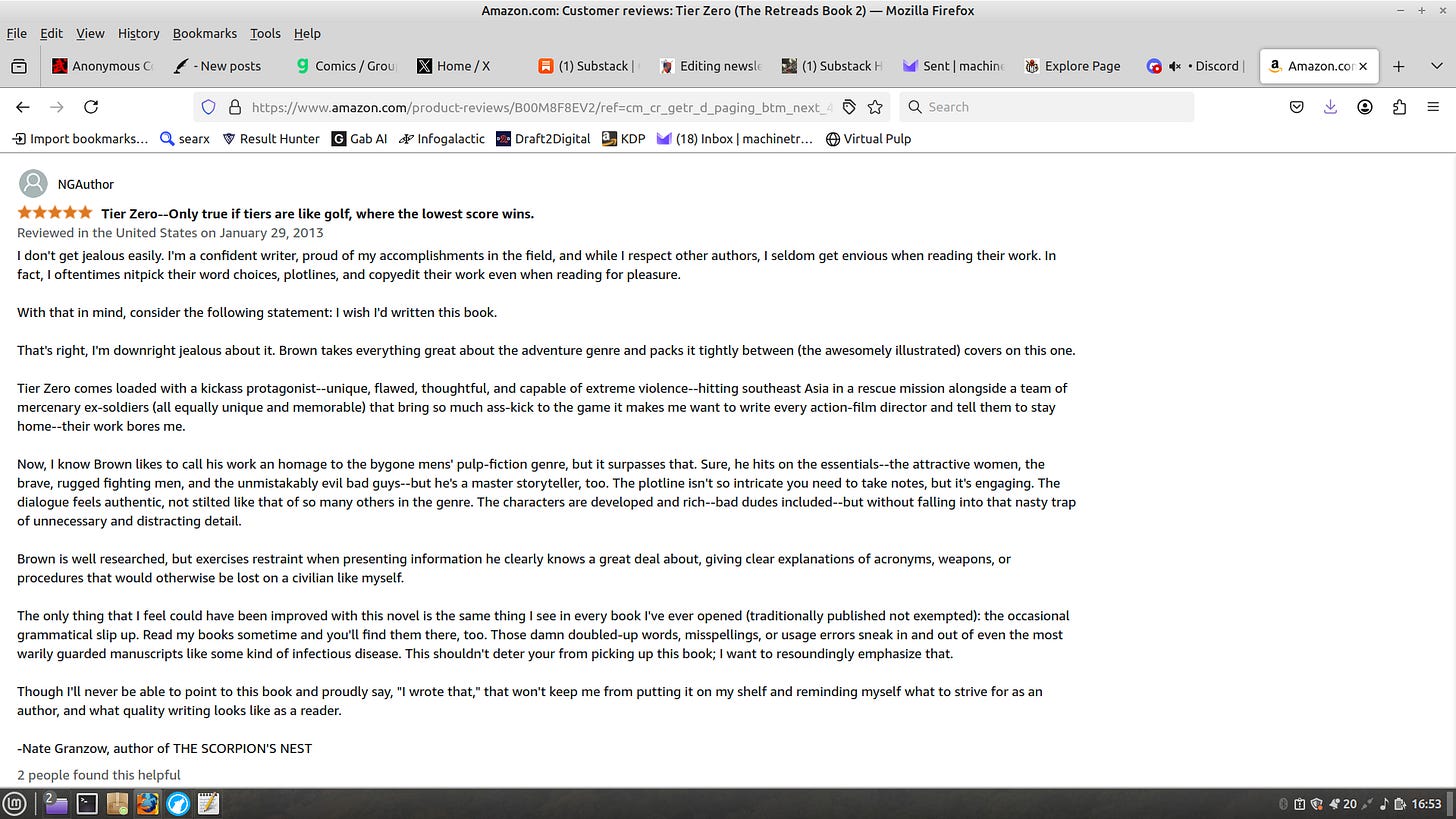
There is a hole in the market where tradpubbed men’s fiction used to be. Me and quite a few other authors have stepped up to fill that void.
Here are some of the possible reasons readers haven’t found our men’s fiction (hence the prevailing assumption that it doesn’t exist):
We don’t have professionals marketing our books.
Our own marketing acumen varies.
Our titles can be ordered at the aforementioned estrogen swamps, but are not on the shelves.
Gatekeepers in the online stores, if they list “men’s adventure” at all, only want books in this genre to succeed if they reinforce The Narrative.
Readers who enjoy our books don’t leave reviews, or even rate them. That means our books are even harder to discover because of the “social proof” algorithms.
For some readers, the old “vanity press” stigma is deserved by indie authors. But if they’re so naive or brainwashed to believe the old paradigm is still valid, maybe they’re not the right audience anyway.
I’m sharing some new-ish men’s fiction titles in no particular order below. This is not nearly a comprehensive list. Fellow men’s fiction authors: if you feel slighted by my failure to give you some limited space here…first of all, I mean no malice. Secondly, feel free to shamelessly self-promote in the comments. I don’t forsee having time to read again until my graphic novel is finished, but I’m always greedy for more good books to stack atop my TBR pile. Be advised: obviously, I can’t vouch for the quality of what I haven’t yet read. But I want to make readers aware of some of what’s available, even if I haven’t yet had a chance to judge for myself. One more disclaimer: I do read outside the genre umbrella. I know fellow authors whose books are not included here. Understand that I’m only including books I know or suspect fit my definition of men’s fiction. If that’s not what you write, that’s why your books aren’t included. This does not necessarily mean I think your book sucks. If you have books that you believe do, in fact, qualify as men’s fiction, then you also are welcome to plug them in the comments.
This western is Christian-friendly, despite being a well-written men’s adventure tale of a conflicted gunfighter in a range war. The action and violence are not typically what you would expect to find in a Christian-friendly book.
I haven’t read Island of the Lost, but the Infamous Reviewer did, and reviewed it on Virtual Pulp. It sounds like men’s adventure and is on my Kindle.
.
I’ve got so many books (all men’s fiction) that they would take up way too much space to plug in this post. (I hope you’ll go check out my author page.) Anyway, I know there’s a lot of fantasy fans out there. How about some short sword & sorcery by yours truly? I’ve got a novel length WIP for Tales of the Honor Triad that I hope to get back to and finish one day; but for now, it’s these two. (These are the old covers—I might replace them when I find where I put the new ones.)
Speaking of Sword & Sorcery, here’s a barbaric Howard-esqe yarn I found to be a fun read. UPDATE: I forgot I also reviewed this book on Virtual Pulp. My bad.
Doomsday Inn has got the soul of an ‘80s men’s adventure paperback. After an EMP and civilizational collapse, an alpha (or sigma?) male establishes a survivalist “colony” in the mountains. Not family-friendly. In addition to the action and violence, there are sex scenes that leave nothing to the imagination.
Now that I think of it, all the books by M.R. Kayser are men’s adventure. For car guys, Fast Cars and Rock & Roll is the pinnacle of motorsports literature IMO. It is super-niche, but his other “Deke Jones Romp,” Shadow Hand Blues, is less so (blend of whodunnit and hardboiled detective).
BTW, this is a good place to mention some other fiction by Erik Waag, on my TBR pile: paranormal with gearhead content (I hope—maybe the one cover is lying to me).
I reviewed this one on Virtual Pulp. It reminds me of those classic paperbacks from the ‘70s and ‘80s you can still find in used bookstores now and then. Except there’s no romantic subplot. Jake Widmer made an off-the-beaten-path choice for his protagonist’s military background that I commend.
Another book sitting on my Kindle TBR pile. It’s an anthology by gung-ho men’s adventure enthusiasts Luke Goozdich and Nathaniel Hummel, who also host a men’s adventure fiction podcast on Youtube.
Sam Whitfield is another men’s fiction author with some books in my TBR pile. This is his latest, which he calls a “modern western.” BTW, not only do his covers kick ass, but he’s got a podcast, too.
I also reviewed Scout’s Honor on Virtual Pulp. It’s very much got that John Carter vibe.
The Infamous Gio reviewed Hot Dose of Hell on Virtual Pulp. I have not read it, either, but it sounds like a fusion of horror with men’s fiction.
These last two (I really gotta get some other stuff done, y’all) are my most recent purchases. Not sure when I’ll get the chance to read them, but I had some great fun with J.L. Engel and two other authors on a Mirthquake Smackdown Friday. I went back and listened to an earlier Mirthquake with Jeremy while I colored/lettered panels. I was amused to hear that he had to go back and tweak A Dangerous Man after he saw Taken, because the story was too similar. If all writers had a dollar for every time that happens to us… Anyway, the blurb makes it sound a little more reminiscent of the Executioner/the Punisher’s origin story, now.
One of the other authors on the show was Nick Horvath. His Sledge is overtly Reacher-esque, “only meaner and leaner.”
Our other partner-in-crime was Jesse James Fain. He’s got a couple books coming out soon, and I plan to buy those, as well.
So, if you are a fan of men’s adventure, consider checking out one or more of these titles as an intro to new men’s fiction. If you read one or more and like it, help the author out by rating/reviewing. Support what you love, or it goes away.





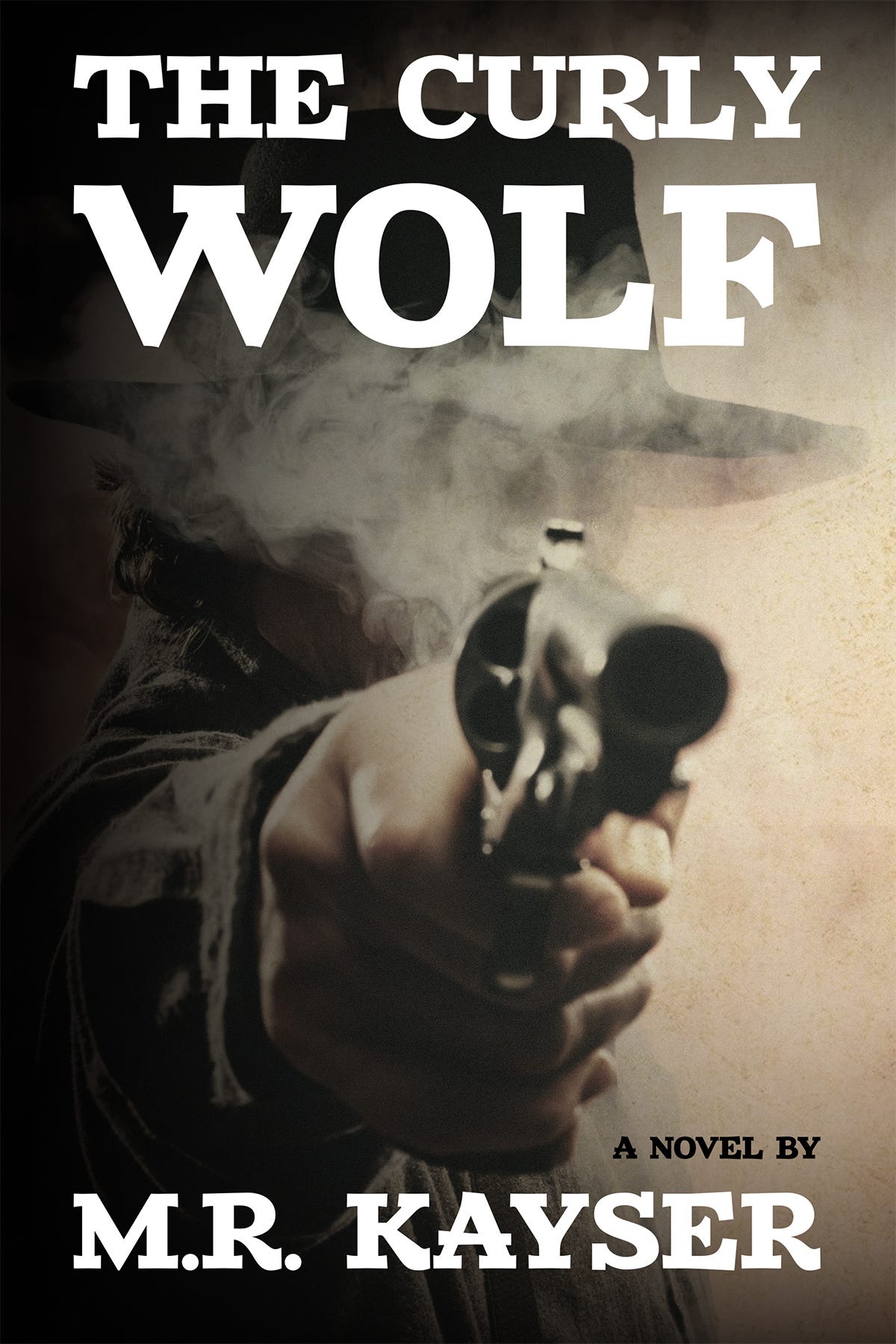
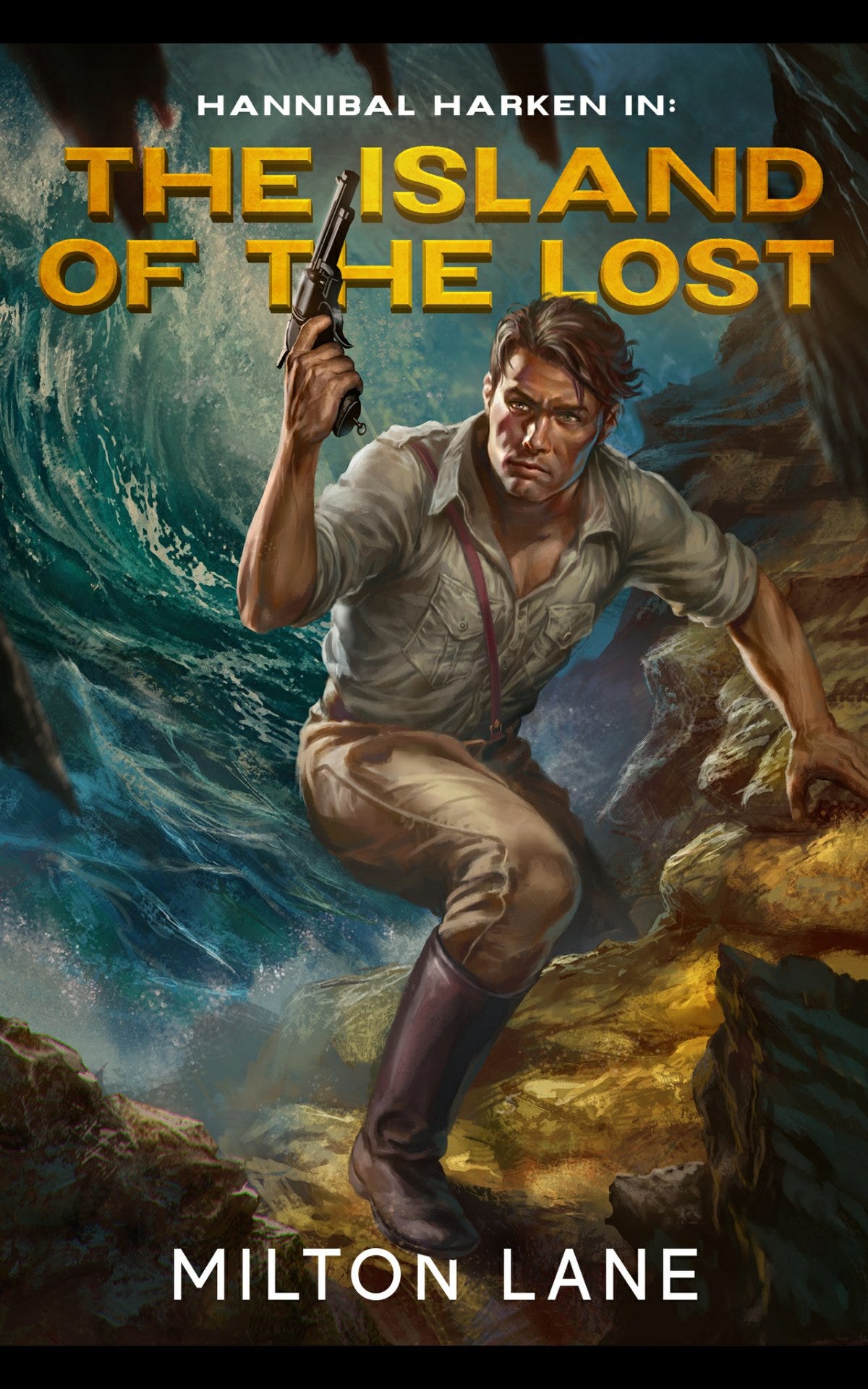
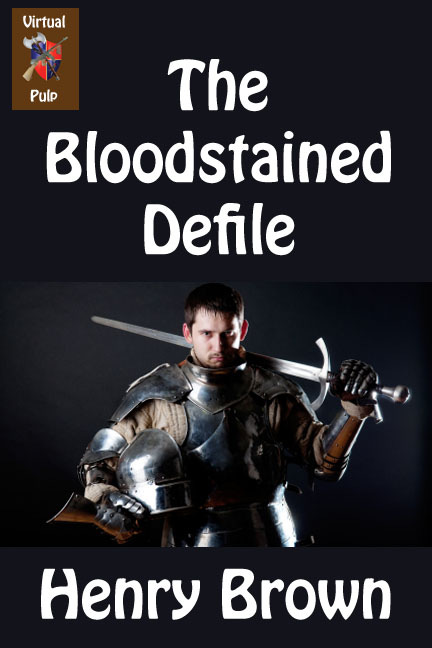
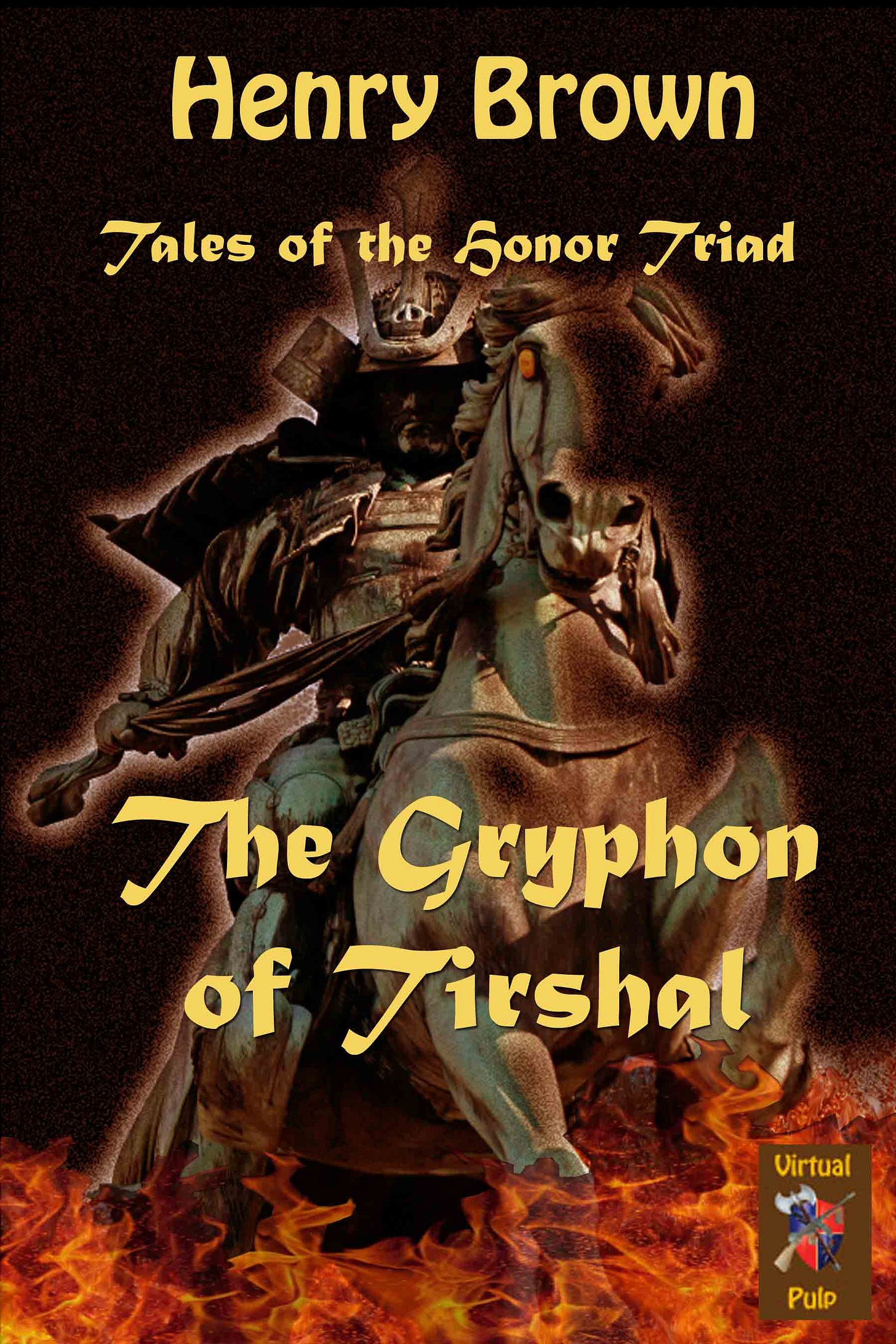
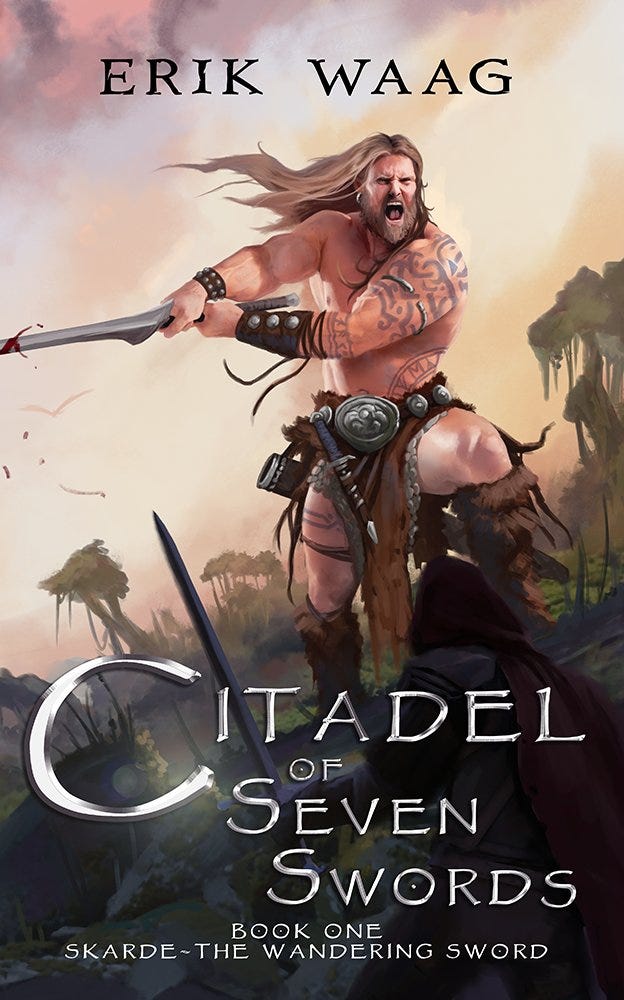
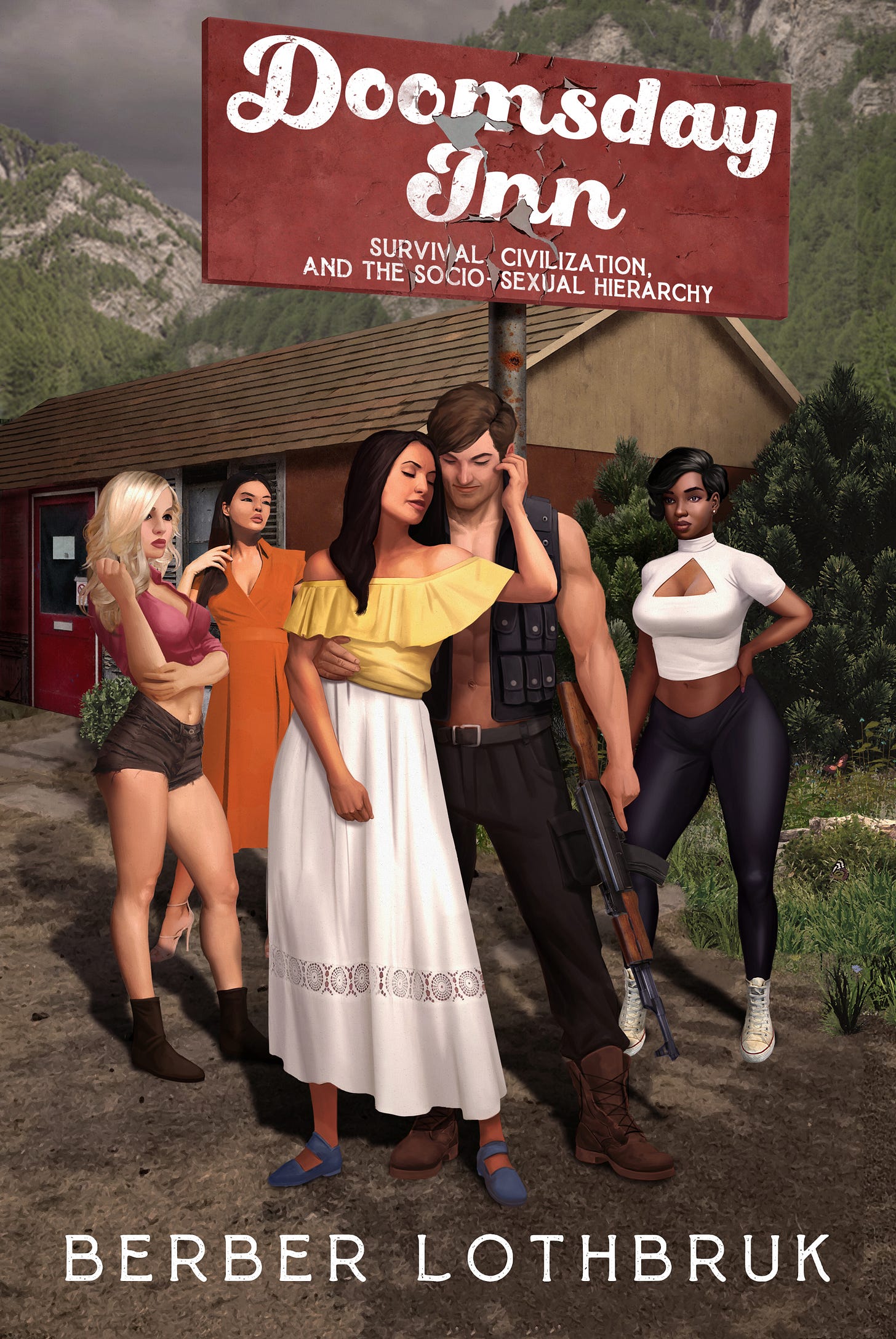
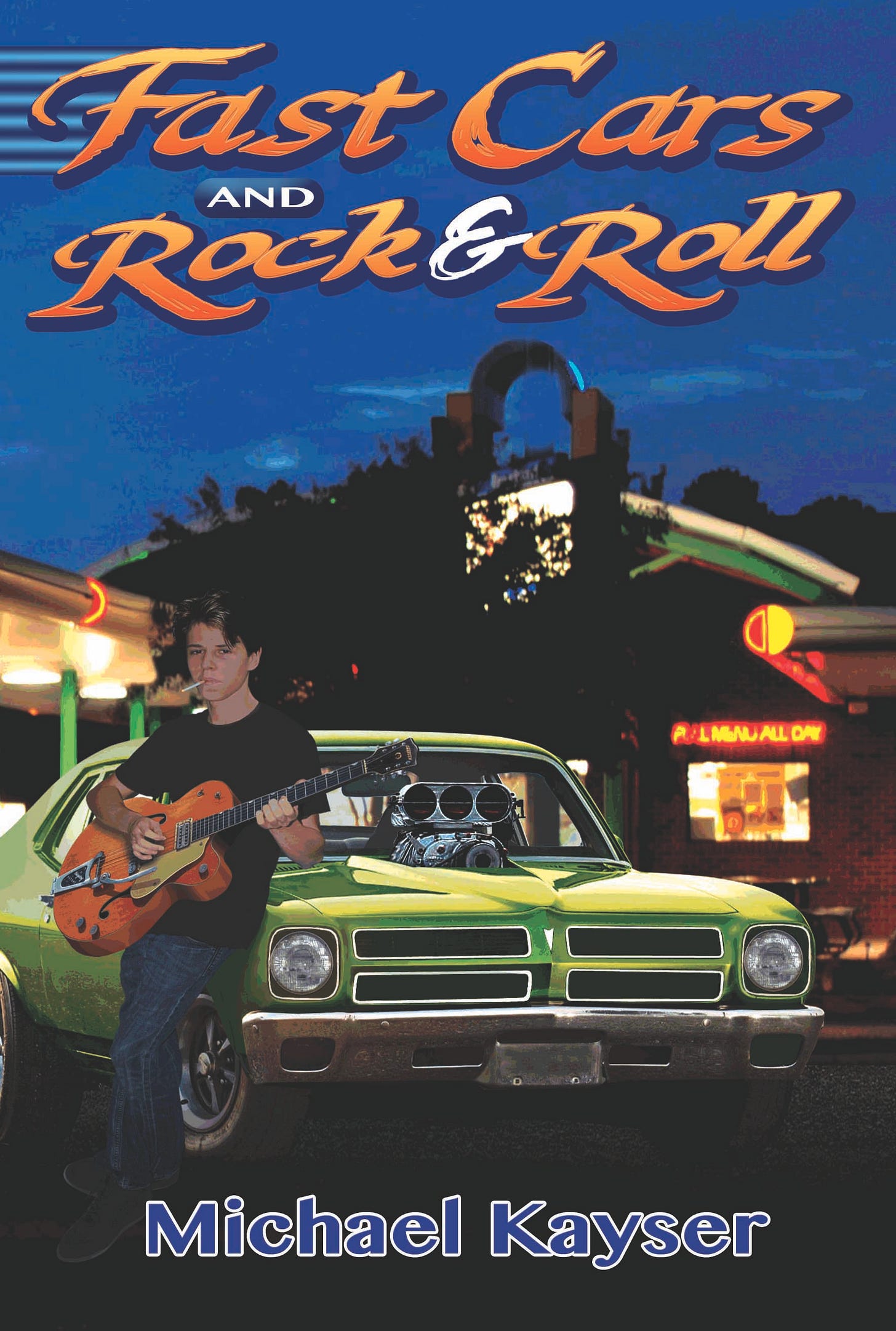
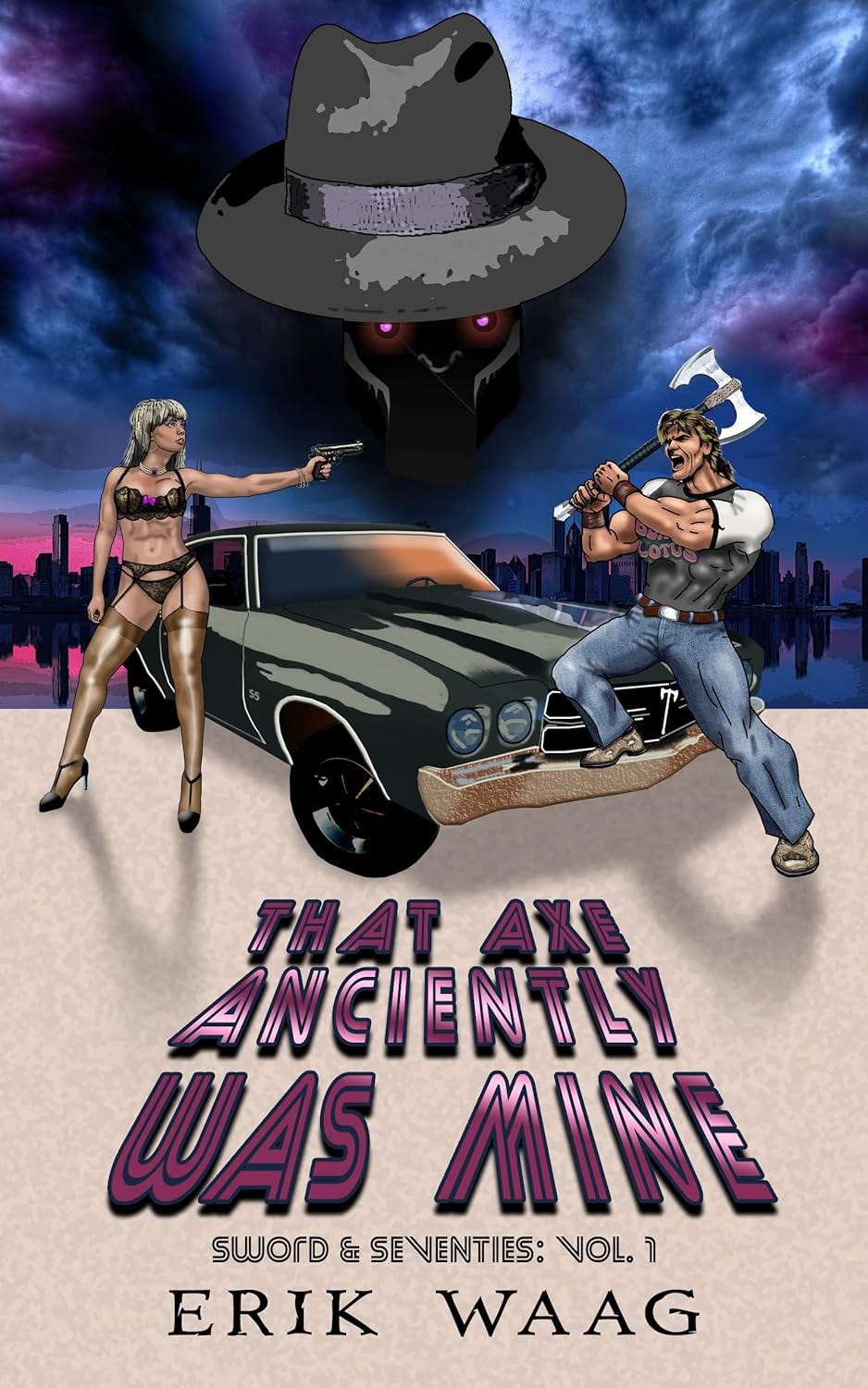
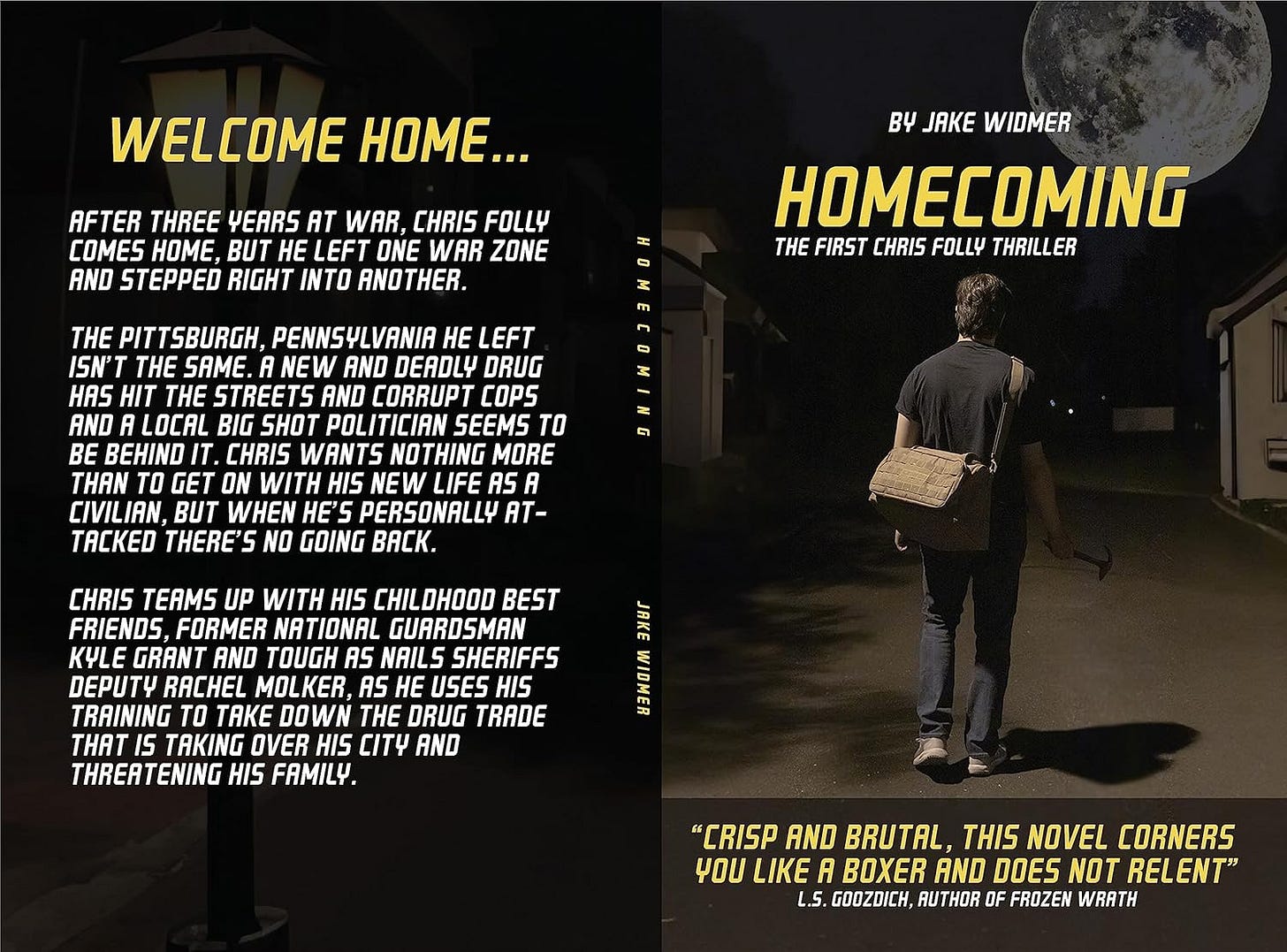
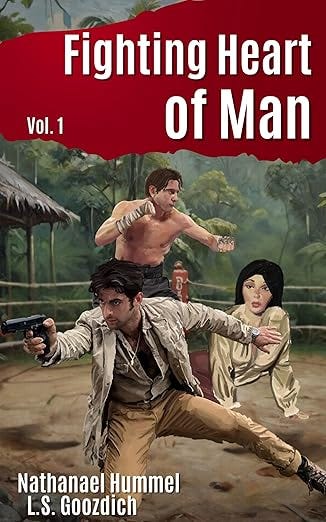
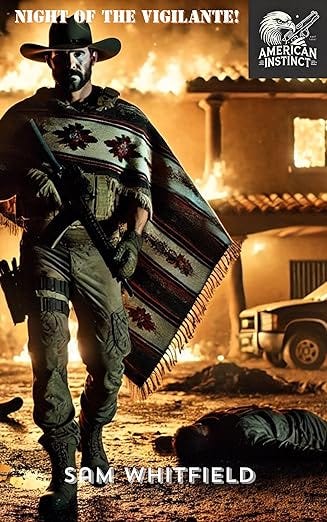
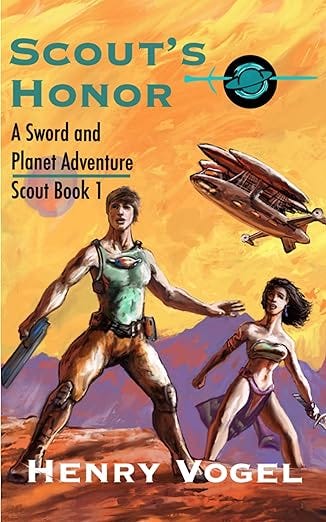
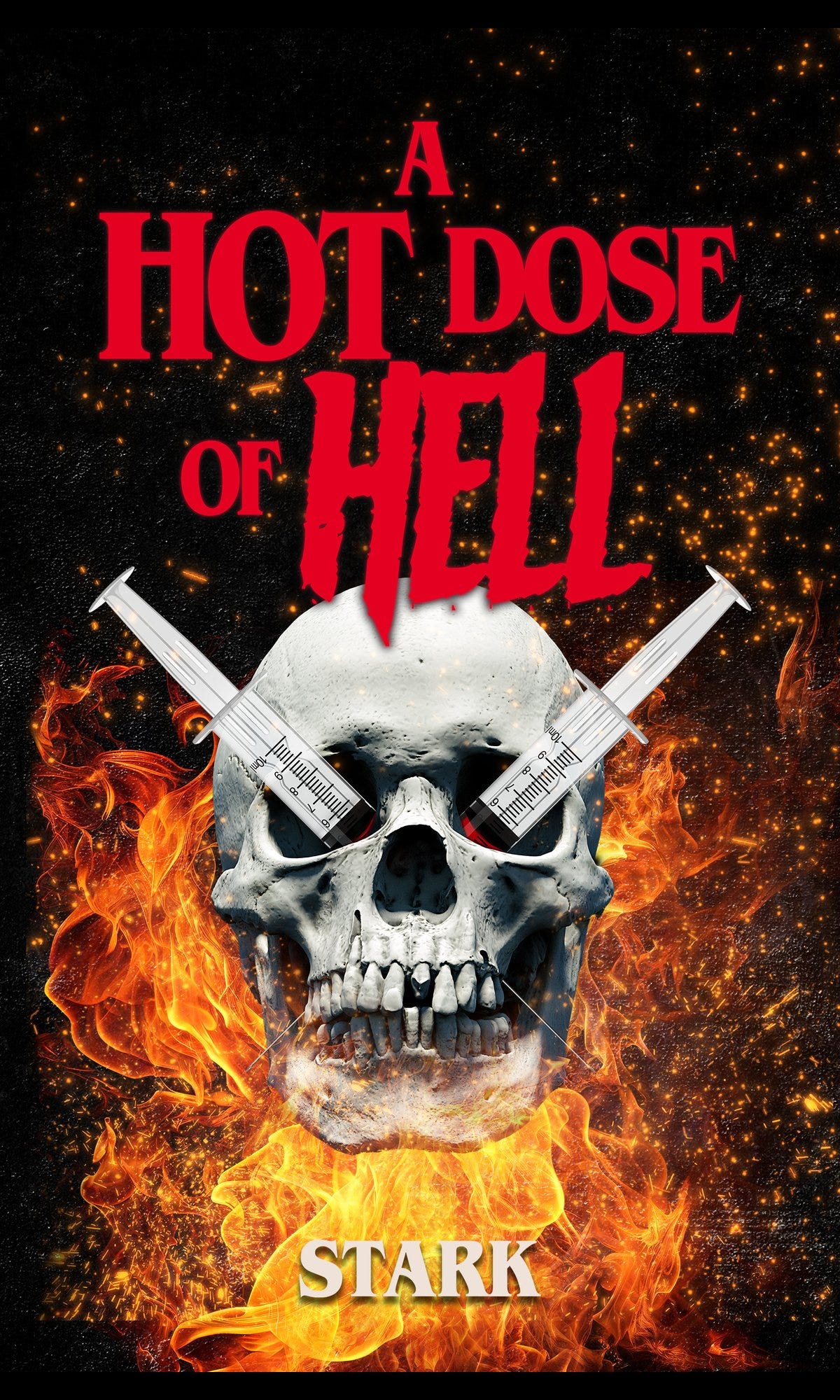
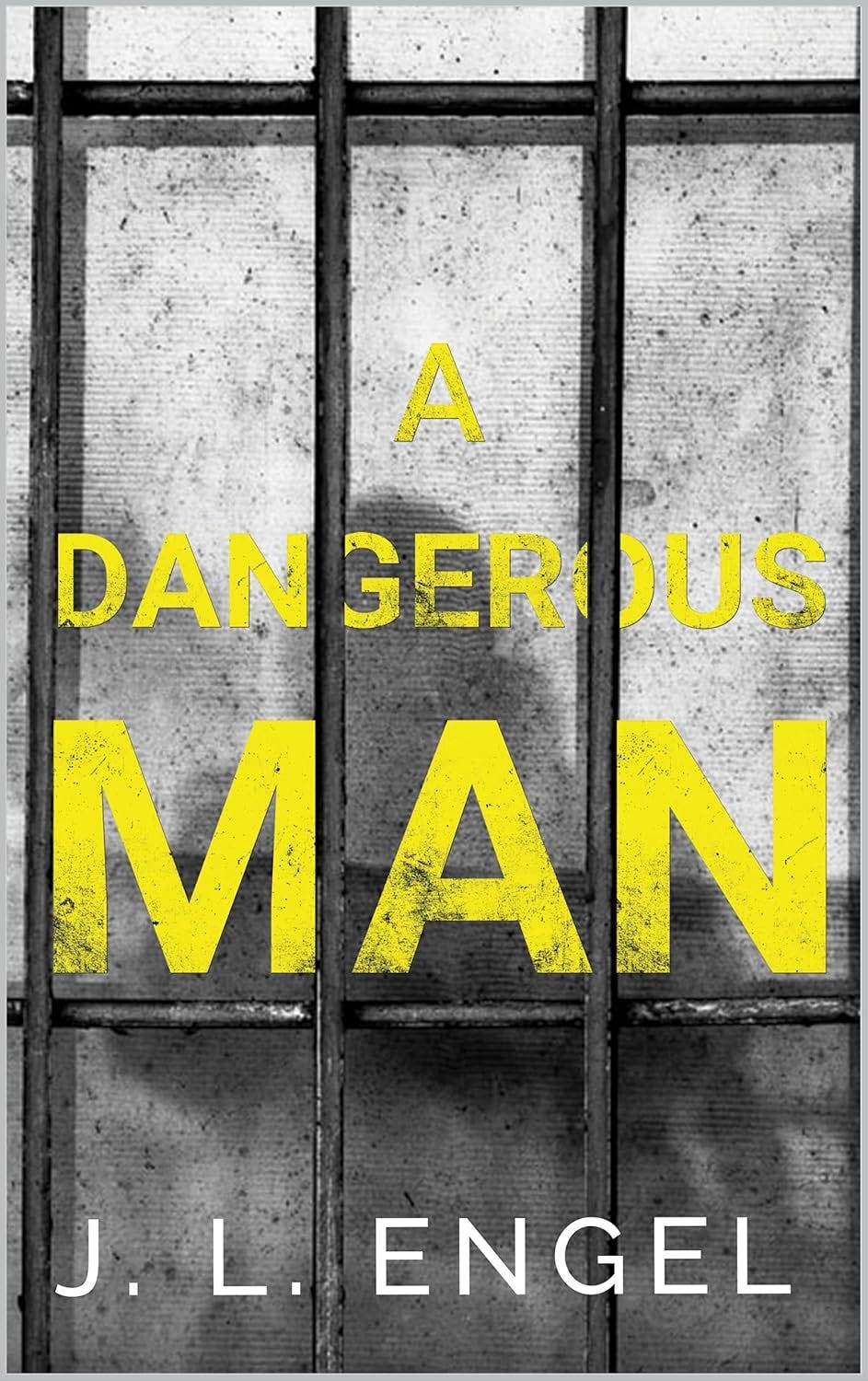
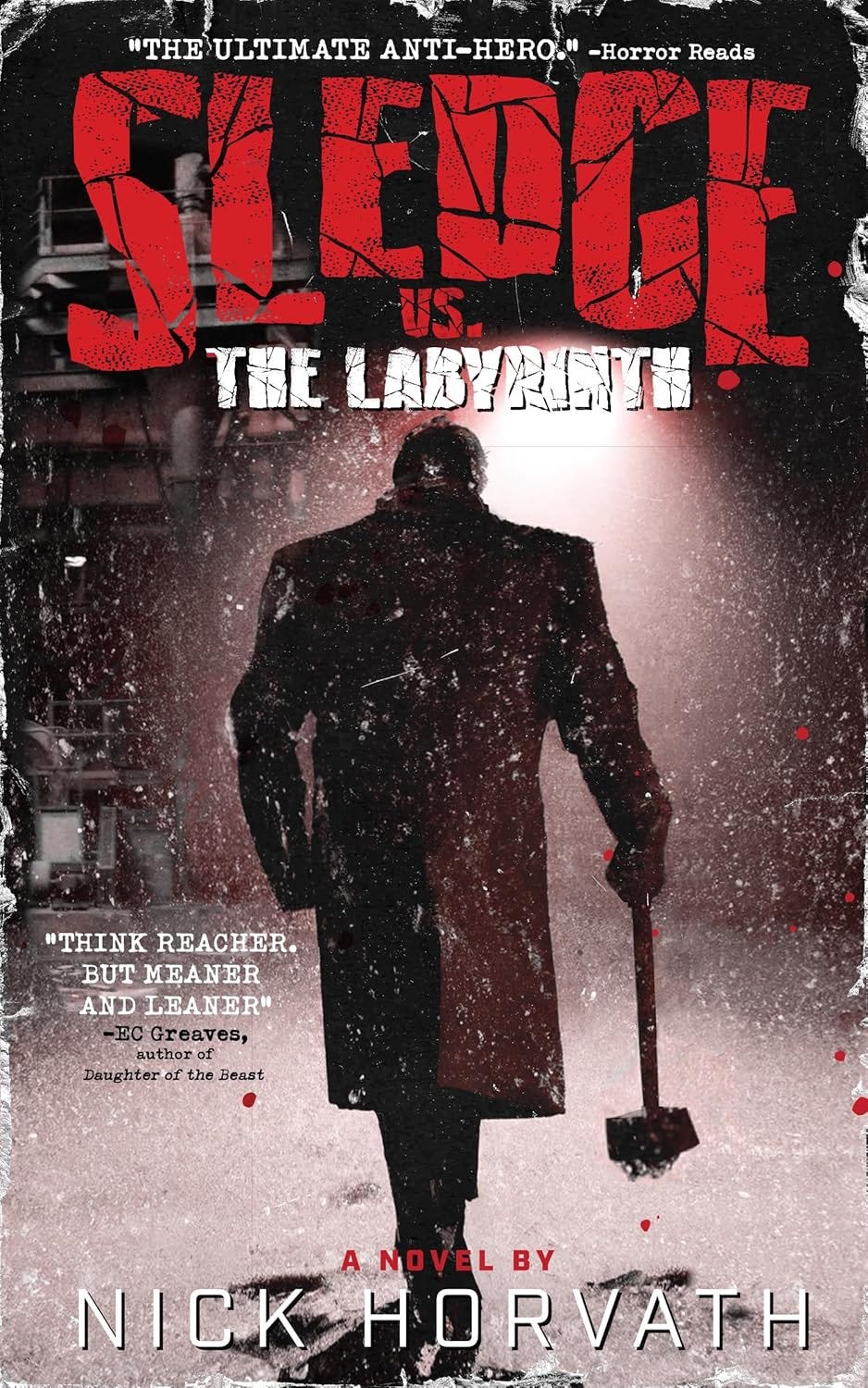
It's not just the lack of male perspectives, but some of the published men I've read in recent sci-fi have a loser mentality. In one, the spaceship's people gave up on settling the planet, and traveled back to earth and the author supported that. In another the person was tricked into going and was basically a coward.
There was no agency: Instead of acting on and changing the world, the world acted on them with little push-back.
The whole "debate" is based around the false assumption that only tradpub counts.
Of course it would be great if more male authors writing stuff that appeals to men got the corpo publisher treatment.
But for ideological reasons, tradpub is committing slow suicide and the benefits of going with them are negligible at this point because they don't have the budget to provide the first-class treatment they used to.
So you get these tradpub whine articles "Why Don't Men Read." Or sometimes, "Why Don't Straight White Men Read." But the question they're really asking is, "Why Don't Men Buy Our Shitty Books." And the subtext of every such article is, "we painted ourselves into a corner and we want out of it but we don't want to change our behavior."
Men do read. We read a lot. Historically, we read more than anyone, fiction and non-fiction, if you're talking words read per capita, books purchased per capita. I doubt this has changed much, but when your only measure of readership is, "how many traditionally published new titles did people purchase by demographic," you miss everyone who isn't buying tradpub crap.
The map is not the territory and their cartographers are incompetent. That's all.